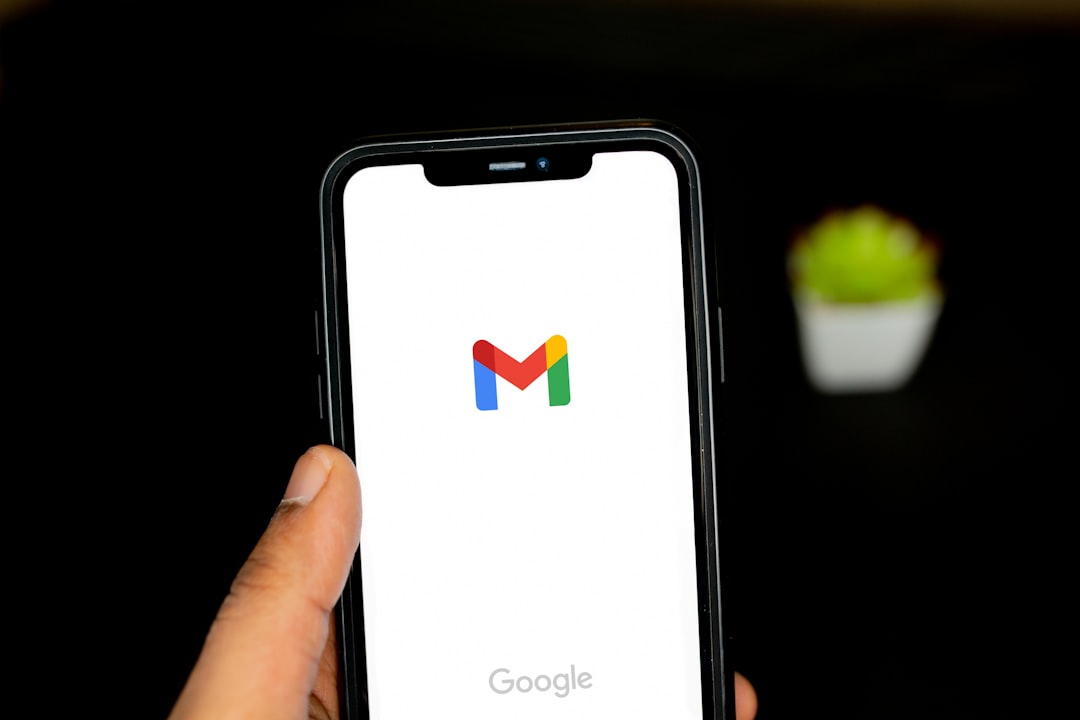Email is Tech Policy
Politicians want to make email worse for consumers to boost their campaigns
Kevin McCarthy and a group of other republicans dropped the Political BIAS Emails Act today. The ten-page bill would regulate how email providers’ spam algorithms interact with emails from political campaigns. The bill is a solution in search of a problem that will make the internet worse for consumers.

Email filtering has been a long-term bee in the bonnet of elected officials. At one of the “Big Tech” hearings, congressmen and women asked Google about this issue. Emails going to spam is a big deal for political campaigns because emails are one of the significant ways they connect with supporters and turn them into donors. In spam, they are not read, and that process can not happen.
Bias?
McCarthy points to a pre-pub article by Hassan Iqbal et al. to prove that Google is biased. The authors looked at how political emails were filtered during the 2020 election to support that this is due to political bias and not people hating campaign emails. They then used ten covariates to try to control for cone characteristics. Here are the first two findings from the discussion section.
That sounds like bad news bears for Google. However, in the discussion section, the authors go on to temper these findings. They suggest that users may tag more republican campaign emails as spam compared to ones from democrats. One of the authors has pointed out that the problem goes away when you train gmail’s spam algorithm to your usage.
I think the authors are missing something: Trump’s emails look like spam, and republicans have been copying his tactics. Compare these two emails that were sent today:
One thing you can’t get away from when looking at emails from Donald Trump is how much they remind you of the viagra spam you received in 2005 to your AOL email. The capitalizations, high-pressure sales tactics, and font changes bring me back to my childhood. On the other hand, the DNC email, which is trying to do the same things as the Trump one, looks much less like spam of days gone by. Does it surprise you that an AI trained on old spam emails would think one of these emails is spam?
Problem bill
This bill is a solution in search of a problem. While Gmail and Outlook are the titans of corporate email, consumers and companies have various other options. If someone is willing to pay, the potential service providers increase exponentially. I would never recommend it, but anyone can set up an email server. All you need is a domain name and a computer. Unlike social media, switching costs are near zero. I have many email addresses that forward their contents to another email address without doing any filtering.
This bill, if enacted, will make spam worse for internet users. There are a few vectors that I can see this happening on. The main one is through spammers watching domain registration expiration dates. For all practical purposes, companies and individuals rent domain names. If someone does not renew the lease, it goes back to the open market. It would behoove spammers to take advantage of this and scoop up domains that could be on Google’s list of campaigns to see if there is a lag in the system.
Once you start getting campaign emails, it is almost impossible to stop. Worse, campaigns routinely share email lists. Sure, I may have donated to someone the last cycle, but that does not mean I want to contribute to a candidate in another state this cycle. I take issue with politicians claiming that I opted into this system. If regulations were truly consumer-first, we would ban the trading and selling of email lists, restrict how many emails begging for money a campaign can send per day, and make it much easier to unsubscribe. Instead, the worry is that I am not getting enough useless emails from political campaigns.





